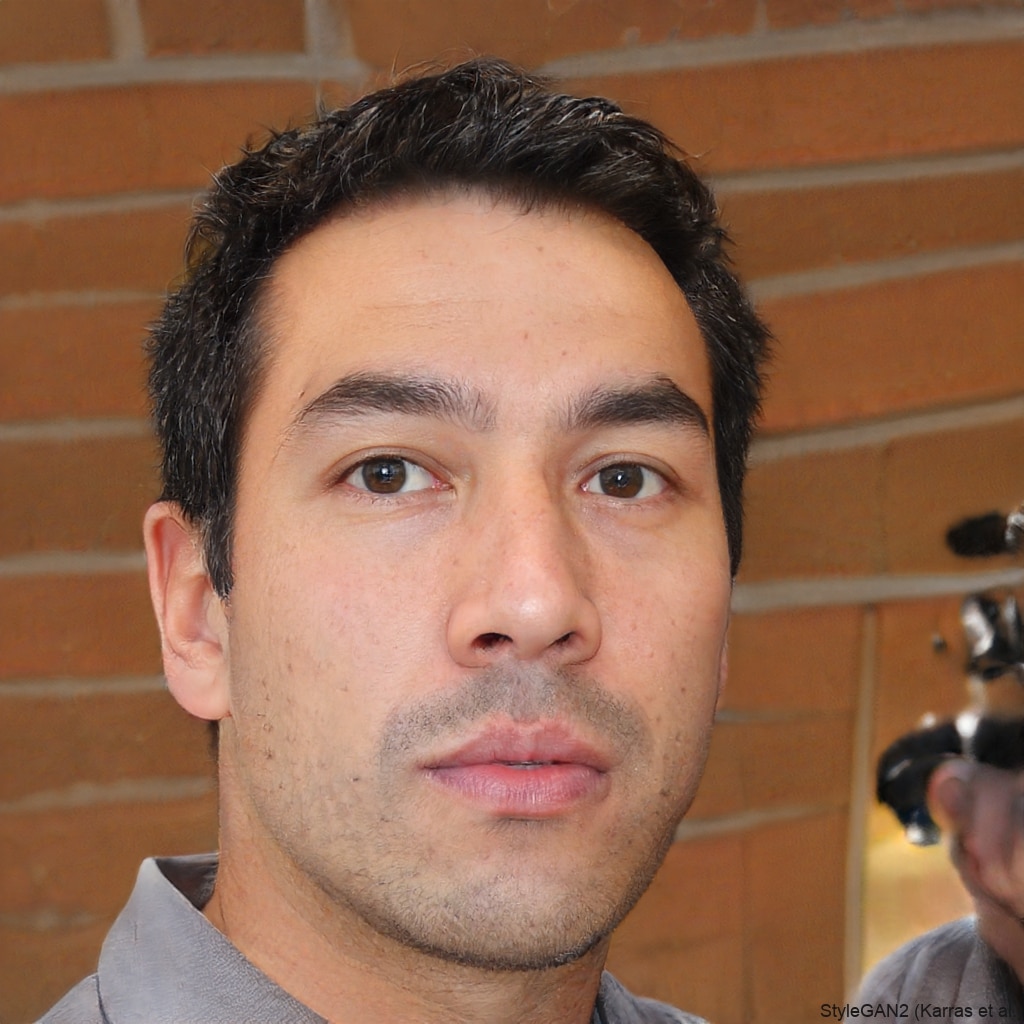In Centennial, Colorado, fixing toilets is a usual plumbing job. Even today, the way toilets work hasn't changed much since the 1700s. When you pull the handle, it lifts a plug. This lets water flow from the tank into the bowl. The water then pushes waste down through the drain. The basic idea is: use a small amount of water to quickly wash away all the waste. But when toilets are broken, you might waste a lot of water, and your utility bills could go up. And if your toilet gets clogged or starts leaking, your problems aren't just with the toilet. These plumbing problems will mess up your whole house.
To fix an advanced toilet, you might have to deal with two main water problems: the flushing mechanism or the water supply. These are common but sometimes not too easy to handle, and like many toilet repairs, they usually happen without too much warning. But if your toilet is flushing weakly or not totally, it could be because of mineral buildup in the rim jets or something wrong with the flush valve. And fixing this can be as cheap as getting a new tank ball. Sometimes, though, you may have to do more or even replace the whole flush valve assembly. If this is happening to you, you keep reading! You're going to learn a lot about what a toilet can do and a whole bunch of cool tricks to get it working right again.
Toilet repairs in Centennial, like anywhere else, need to be diagnosed accurately to find out what exactly is wrong. Some signs that your toilet might be in trouble are pretty clear. For example, if you see water leaking or running from the toilet, that's a problem that definitely needs fixing. If your toilet suddenly stops flushing, that might be a sign of a serious blockage, and you should call us to handle it. Other toilet troubles can be more mysterious. The first sign might just be your toilet acting strange. For example, is it making weird noises? Does it sometimes run continuously even though you haven't been using it much? Has it started to use more water than usual?










